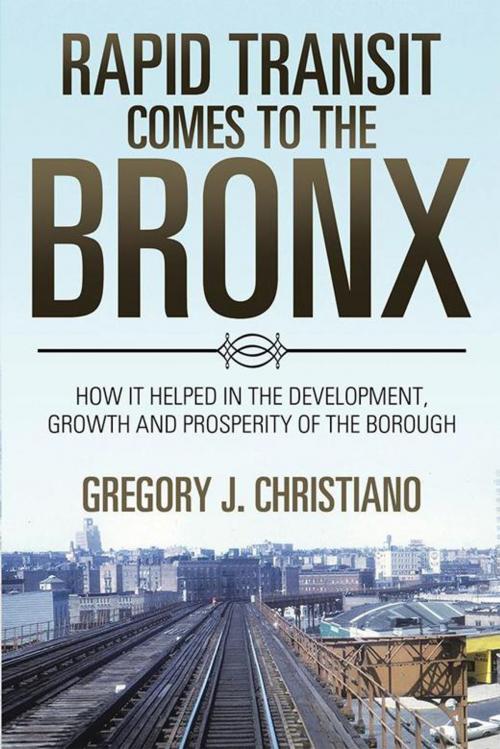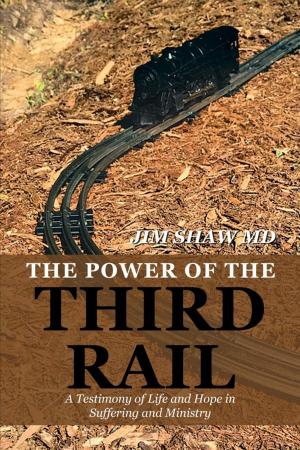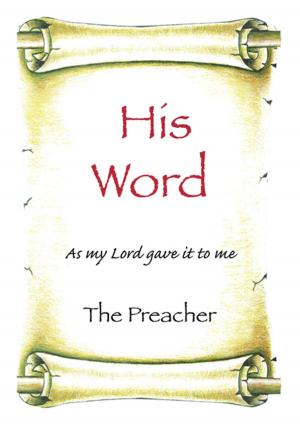Rapid Transit Comes to the Bronx
How It Helped in the Development, Growth and Prosperity of the Borough
Nonfiction, History| Author: | Gregory J. Christiano | ISBN: | 9781543450415 |
| Publisher: | Xlibris US | Publication: | September 14, 2017 |
| Imprint: | Xlibris US | Language: | English |
| Author: | Gregory J. Christiano |
| ISBN: | 9781543450415 |
| Publisher: | Xlibris US |
| Publication: | September 14, 2017 |
| Imprint: | Xlibris US |
| Language: | English |
After the merger of New York City and lower Westchester in 1874, there was a heightened interest in extending rapid transit lines across the Harlem River into this new section of the city. The newly acquired land was a mixture of hamlets, towns, villages, and farms on the fringes of urban development. There was great potential for economic growth. But it wasnt until 1882 when the first company was formed to provide transit service to what was to become the Borough of the Bronx. Continuation of elevated lines from Manhattan provided a suitable and adequate method of traveling to and from the city. This stimulated construction plans and many residential and commercial buildings arose dramatically along the routes. Here was material for a thrilling drama! Suddenly, rapid transit transformed dozens of sleepy, rural, unrelated communities into vibrant, cohesive, growing neighborhoods, itching for investment and economic development. Here is a history replete with flashes of genius as well a sordid spirit of greed. There were battles, schemes, and high ambitions, but in the end, great things were achieved. Our present generation can pay tribute to that remote past which gave us the city we know today.
After the merger of New York City and lower Westchester in 1874, there was a heightened interest in extending rapid transit lines across the Harlem River into this new section of the city. The newly acquired land was a mixture of hamlets, towns, villages, and farms on the fringes of urban development. There was great potential for economic growth. But it wasnt until 1882 when the first company was formed to provide transit service to what was to become the Borough of the Bronx. Continuation of elevated lines from Manhattan provided a suitable and adequate method of traveling to and from the city. This stimulated construction plans and many residential and commercial buildings arose dramatically along the routes. Here was material for a thrilling drama! Suddenly, rapid transit transformed dozens of sleepy, rural, unrelated communities into vibrant, cohesive, growing neighborhoods, itching for investment and economic development. Here is a history replete with flashes of genius as well a sordid spirit of greed. There were battles, schemes, and high ambitions, but in the end, great things were achieved. Our present generation can pay tribute to that remote past which gave us the city we know today.















